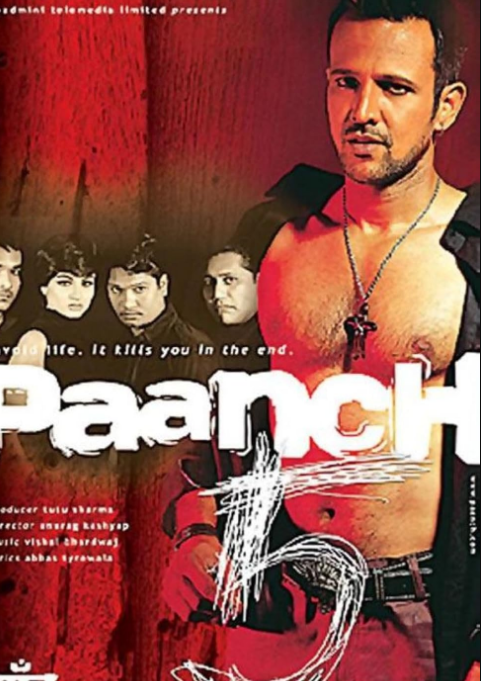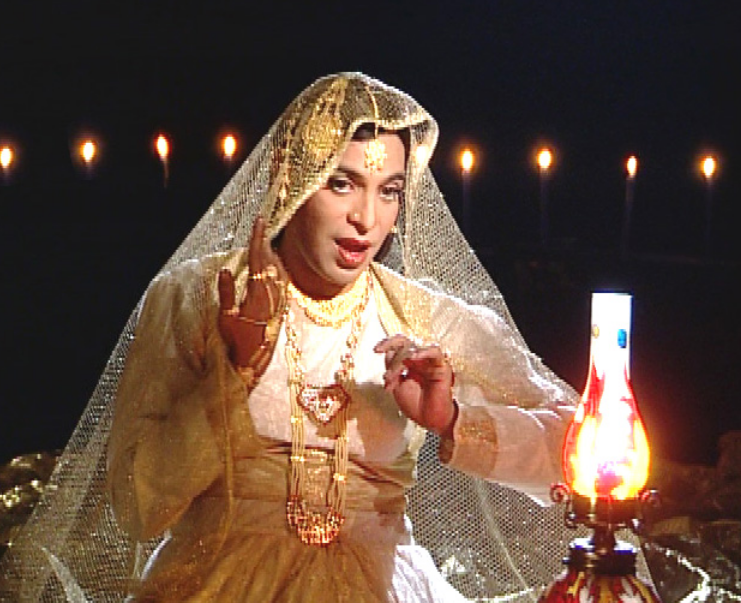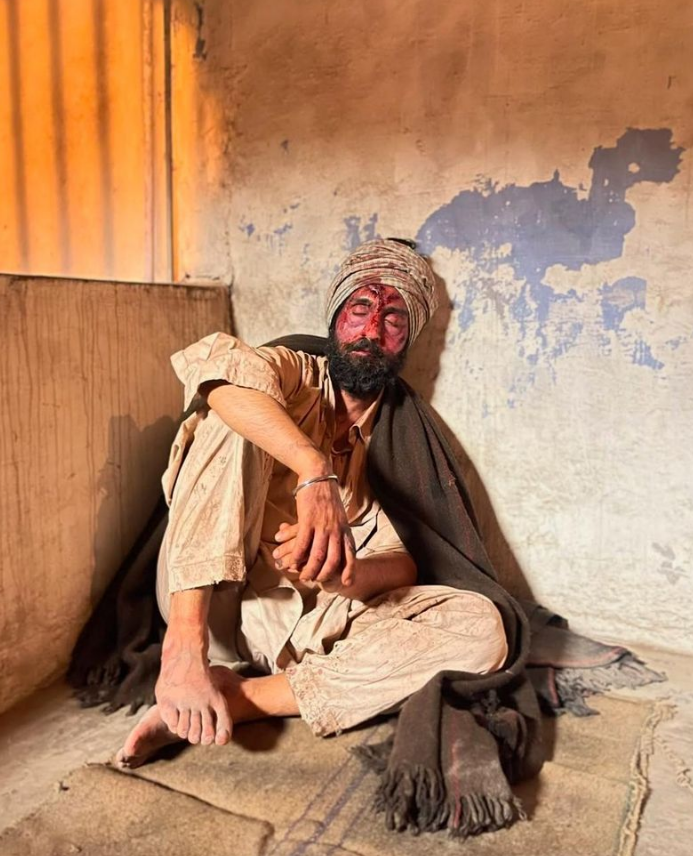-1750837912201.webp)
The trailer for ‘Sardaar Ji 3’, Diljit Dosanjh’s upcoming Punjabi comedy, was recently released. The film stars Pakistani actor Hania Aamir as a ghostbuster alongside Dosanjh’s character. Despite swirling rumours about her removal from the film following the recent Pahalgam terror attack and rising India-Pakistan tensions, Aamir remains a part of the cast.
View this post on Instagram
Interestingly, Sardaar Ji 3 will only be released overseas, a move that has drawn attention and fueled controversy. However, this isn’t the first time an Indian film has faced a ban or limited release due to political or social sensitivities. Several films over the years have been denied release by the Central Board of Film Certification (CBFC), citing various reasons from ‘negative portrayals’ to ‘vulgar content.’
Here are five such Indian films that were banned and became the centre of public debate:
Directed by Sandhya Suri, ‘Santosh’ failed to get CBFC approval for release in India. The board objected to its portrayal of the Indian police force, which they found negative. The film tells the story of a young widow, played by Shahana Goswami, who inherits her late husband’s job as a police constable. She takes it upon herself to solve the murder of a young Dalit girl. Despite its socially charged premise, the film remains unreleased in India.
Anurag Kashyap’s directorial debut 'Paanch' was loosely based on the real-life Joshi-Abhyankar serial murders. The film featured heavy drug use, violence, and a bleak narrative devoid of redemption. The CBFC refused to certify the film, arguing that it glorified substance abuse and violence. Kashyap refused to compromise creatively, and despite multiple edits, the film never saw a theatrical release.

Sridhar Rangayan’s 'The Pink Mirror' was among the first Indian films to highlight trans identities. Instead of being celebrated, the film was banned for being ‘vulgar and offensive.’ While it gained international recognition and screened at several film festivals, the film never made it to Indian audiences, ironically leaving out the very community it portrayed with empathy.
Don't Miss: Panchayat Season 4 Ending Explained: Who Took Over As Pradhan In Finale?

Starring Diljit Dosanjh, 'Punjab 95' is based on the life of human rights activist Jaswant Singh Khalra. The CBFC recommended a staggering 120 cuts, citing the film’s ‘sensitive subject matter.’ Dosanjh later revealed on social media that the film's release had been delayed.

Khalra's work exposed the Punjab Police’s illegal killings and cremations of thousands of Sikh youth during the 1990s. His research revealed 25000 such killings and the deaths of 2000 police officers who refused to comply. Khalra was last seen in September 1995 while washing his car in Amritsar. Six Punjab police officers were later convicted of his kidnapping and murder.
Though not as widely discussed as the others, Dibakar Banerjee's 'Tees' also ran into trouble with the censors. The film tackled themes that reportedly unsettled the board, leading to delays and challenges around its release.
From human rights narratives to trans representation and police criticism, Indian films touching upon bold or politically sensitive themes often find themselves at odds with the CBFC. With Sardaar Ji 3’s overseas-only release, the industry continues to grapple with questions around freedom of expression and creative autonomy.
Don't Miss: Who Is Mikayla Raine? About The YouTuber And Founder Of ‘Save A Fox’ Who Died By Suicide
Keep reading Herzindagi for more such stories.
Image Courtesy: IMDb
Our aim is to provide accurate, safe and expert verified information through our articles and social media handles. The remedies, advice and tips mentioned here are for general information only. Please consult your expert before trying any kind of health, beauty, life hacks or astrology related tips. For any feedback or complaint, contact us at [email protected].